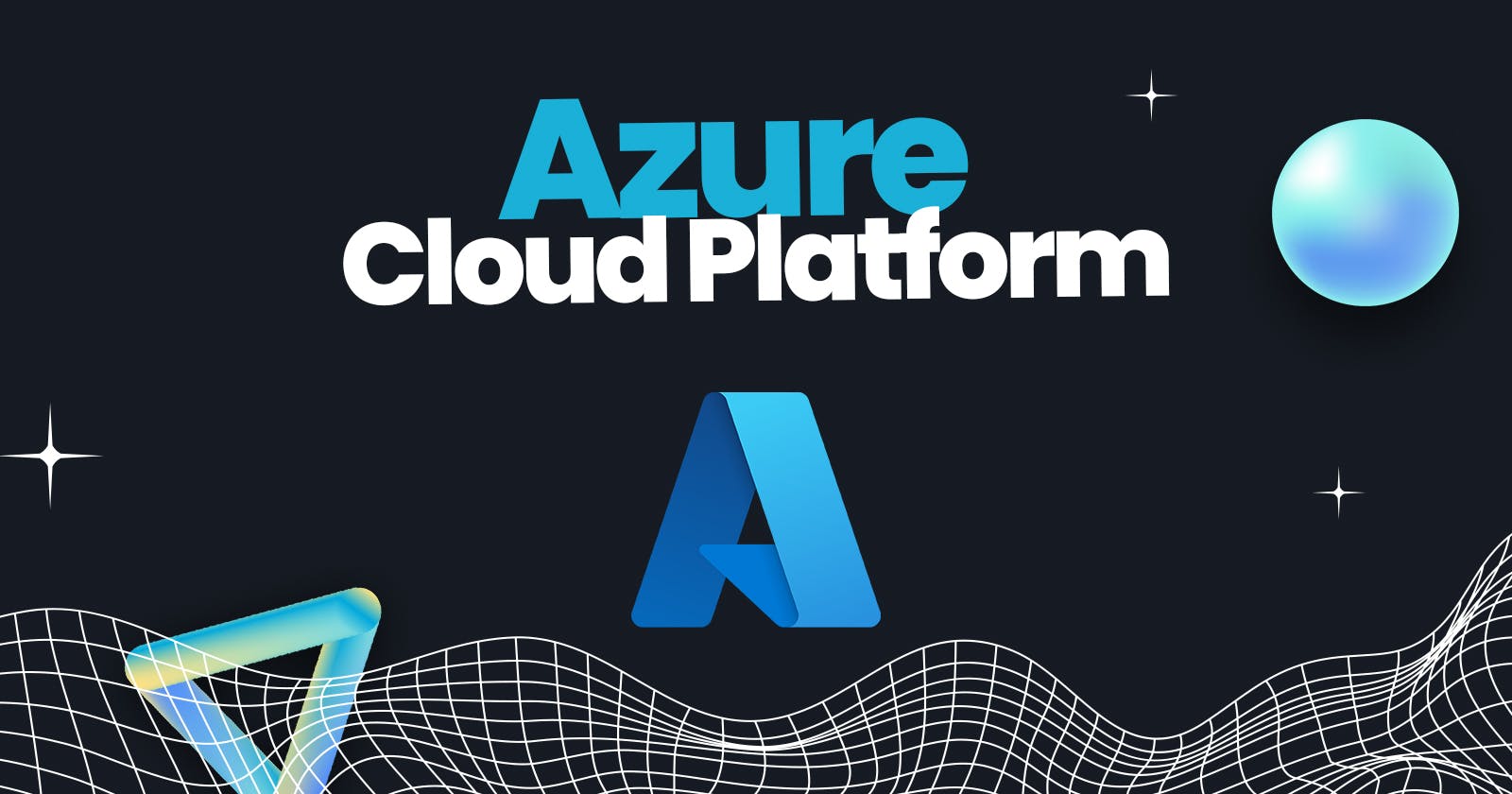Azure Cloud Platform: Features, Services, and Benefits | Microsoft Azure
Azure is a cloud computing platform developed by Microsoft that provides a wide range of cloud-based services and features. It is a comprehensive cloud platform that offers both Infrastructure as a Service (IaaS) and Platform as a Service (PaaS) capabilities, allowing developers and businesses to build, deploy, and manage applications and services in the cloud.
Deployment Models:
Azure supports two deployment models: the classic deployment model and the Azure Resource Manager (ARM) deployment model. The classic model is based on the Azure Service Management API, while the ARM model is based on a resource-centric deployment and management approach. The ARM model provides greater flexibility and control over resource deployment, management, and automation.
Regions:
Azure is available in multiple regions worldwide, allowing customers to deploy their applications closer to their users to improve performance and reduce latency. Azure provides over 60 regions globally, including regions that are designed for specific compliance requirements.
Services:
Azure provides a vast range of services, including IaaS, PaaS, and Software as a Service (SaaS) offerings. Some of the popular services offered by Azure include:
Virtual Machines: Allows users to create and manage virtual machines in the cloud.
Azure App Service: Allows developers to build, deploy, and scale web, mobile, and API applications.
Azure Functions: Enables serverless computing for building and running event-driven applications.
Azure Storage: Provides scalable and secure cloud storage for applications and data.
Azure SQL Database: Provides a fully managed relational database service in the cloud.
Azure Cosmos DB: Provides a globally distributed, multi-model database service for any scale.
Azure Kubernetes Service: Provides a managed Kubernetes service for deploying and scaling containerized applications.
Azure Cognitive Services: Provides pre-built APIs for adding intelligent features to applications, such as speech recognition, language understanding, and computer vision.
Azure Machine Learning: Provides a cloud-based machine learning platform for building, deploying, and managing machine learning models.
Integration:
Azure provides seamless integration with other Microsoft products and services such as Office 365, Dynamics 365, and Windows Server. It also supports integration with third-party tools and services, making it easy to migrate existing applications and services to Azure.
Security:
Azure provides robust security features, including identity and access management, network security, threat protection, and data encryption. Azure meets a wide range of compliance requirements, including GDPR, HIPAA, ISO 27001, and many more. Customers can also monitor and manage their security and compliance posture using Azure Security Center.
Pricing:
Azure provides a flexible and cost-effective pricing model, with different pricing options based on usage, services, and deployment models. Customers can choose from various pricing plans, including pay-as-you-go, reserved instances, and enterprise agreements.
Support:
Azure provides comprehensive support for its customers, including documentation, tutorials, forums, and direct support from Microsoft engineers. Azure also provides a Service Level Agreement (SLA) for many of its services, ensuring high availability and performance.
Certification:
Azure offers certification programs for IT professionals, developers, and architects to validate their skills and knowledge in Azure technologies. The certification programs include Azure Fundamentals, Azure Administrator Associate, Azure Developer Associate, Azure Solutions Architect Expert, and many more.
Resources :
Azure AI Fundamentals Certification (AI-900) - Full Course
Azure Administrator Certification (AZ-104) - Full Course
The Microsoft Azure Developer's Cheat Sheet
Overall, Azure is a powerful cloud platform that provides a wide range of services and features for building and deploying cloud-based applications and solutions. It is an ideal platform for organizations of any size, from small businesses to large enterprises, looking to leverage the benefits of the cloud for their applications and services.
Okay, that’s it for this article. Also, if you have any questions about this or anything else, please feel free to let me know in a comment below or on Instagram or Twitter.
Thank you for reading this article, and see you soon in the next one! ❤️

